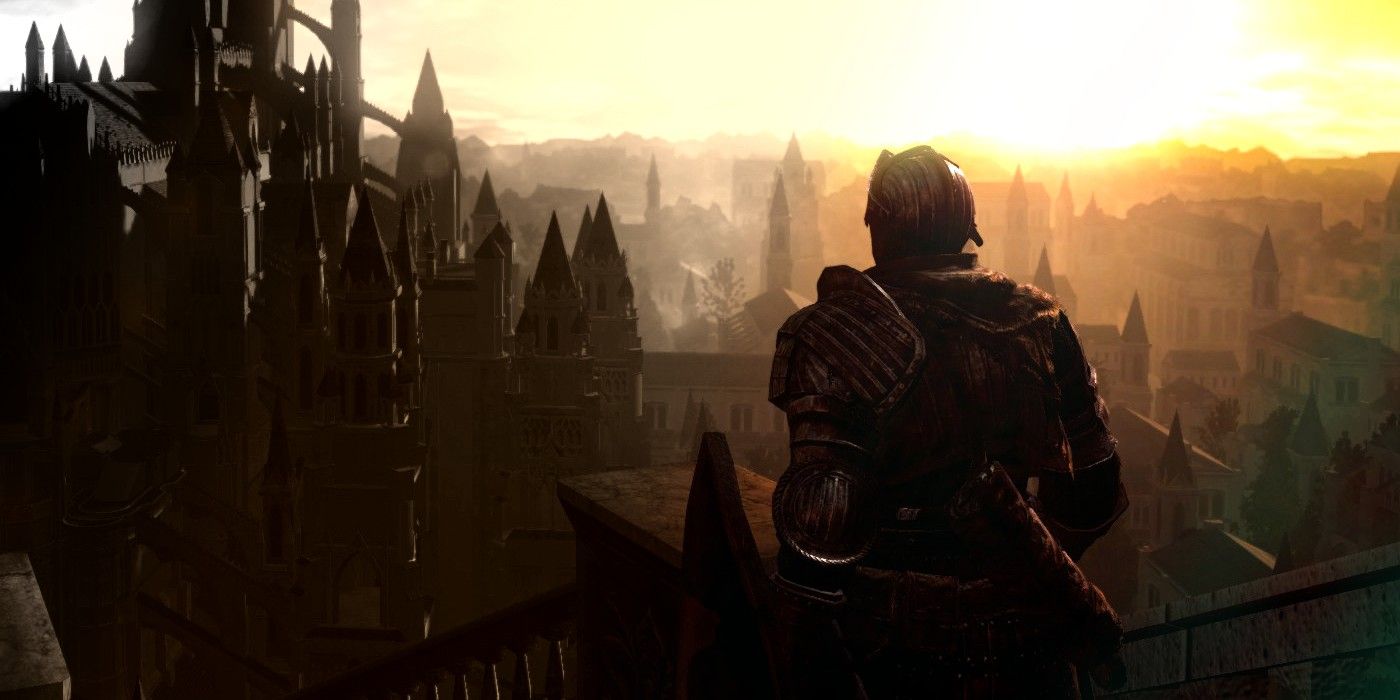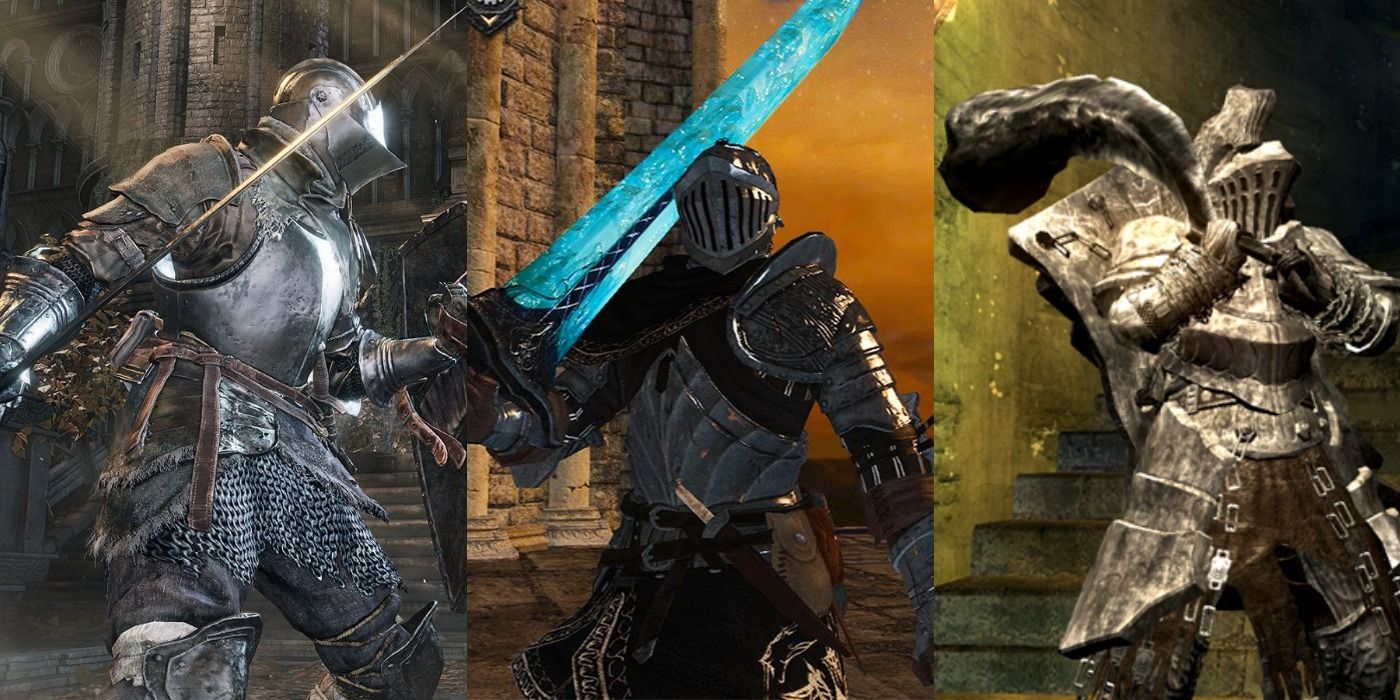It's been ten years since FromSoftware's Dark Souls launched, and since then much has been said about the series' difficulty, its worldbuilding and art style, and its addictive approach to gameplay - one which has proven to be popular enough to become its own genre. Without Dark Souls (and, of course, Demon's Souls before it) the current video game landscape would look much different, and games like The Surge, Mortal Shell, and even Star Wars Jedi: Fallen Order would likely not exist.
Dark Souls is not an easy game to pick up and play for the first time, and many new players likely spend hours unlearning a lot of old habits picked up in other video games over the years in order to succeed in the world of Lordran. Given enough trial and error, however, most players discover how Dark Souls' blistering difficulty can become much more manageable with a bit of forethought and planning. Demon's Souls punished players for dying over and over again with its World Tendency system, but Dark Souls doesn't. It allows players to fail, only charging them the souls the have acquired along the way.
There are multiple reasons why Dark Souls stands out in the eyes of many critics and players, but it is the game's ambiguity and lack of direct answers that keeps it at the forefront of people's minds. Nearly everything players know about Lordran and its inhabitants are things which they picked up organically, either by reading the item and weapon descriptions or by simply observing the world around them. Characters in Dark Souls speak in odd, intentionally confusing ways, and it often takes multiple playthroughs to piece together all sides of an NPC's personality.
Dark Souls Is Survived By Its Community
Dark Souls' ambiguous nature was purposeful, and from the very beginning it was clear the game was developed in such a way as to encourage conversations and let people share their knowledge with one another. Inside of the world of Dark Souls this manifests as glowing messages players can leave for each other, giving them information about what traps lie ahead or where a particularly difficult-to-find secret door is. While some players have utilized this mechanic to troll other Dark Souls players (evidenced by the abundance of "try jumping" messages found near the edge of cliffs) many others use this function to assist rather than harm.
The abundance of secrets and easy-to-miss areas and items is another reason why Dark Souls continues to be popular ten years after its release. In an age where nearly every video game was beginning to feel over-tutorialized to the point of frustration, Dark Souls went in exactly the opposite direction and gave players the freedom to completely ignore whole sections of the game. Locations like The Great Hollow, entirely new arenas with as much content as anywhere else in Dark Souls, are completely hidden behind illusory walls. Items that could help make a boss fight 50% easier are often unexplained and hard to discover. Because of this, players were forced to come together online and pool their knowledge.
YouTube channels like VaatiVidya arose to help explain the lore and characters of Dark Souls to other players who were interested in the subject matter but confused on the details. Players traded ideas on forums and wikis, coming together to discover the perfect builds for each one's preferred playstyle. The game was tailor-made to be embraced by a community, and one did indeed rise around it. It also helped that Dark Souls' ambiguity and focus on triumph over repeated failure made it an extremely cathartic experience for some, and its influence and assistance in many people's struggles with depression should not be understated.
Ten years on from its release, Dark Souls' influence is continually being felt. From the increased push from other developers to create their unique brand of Soulslike games to FromSoftware's own evolution from Bloodborne to Sekiro to Elden Ring, it seems like a decade isn't long enough for people to get completely sick of Dark Souls staples like stamina management, obtuse lore, and great level design. The tightness in the game's controls, the consistency of its universe, and the ambiguous nature of its systems all lend a hand to keeping Dark Souls popular, but really it all boils down to the community who came together to talk about it.


